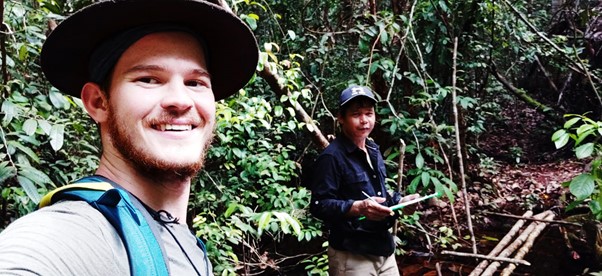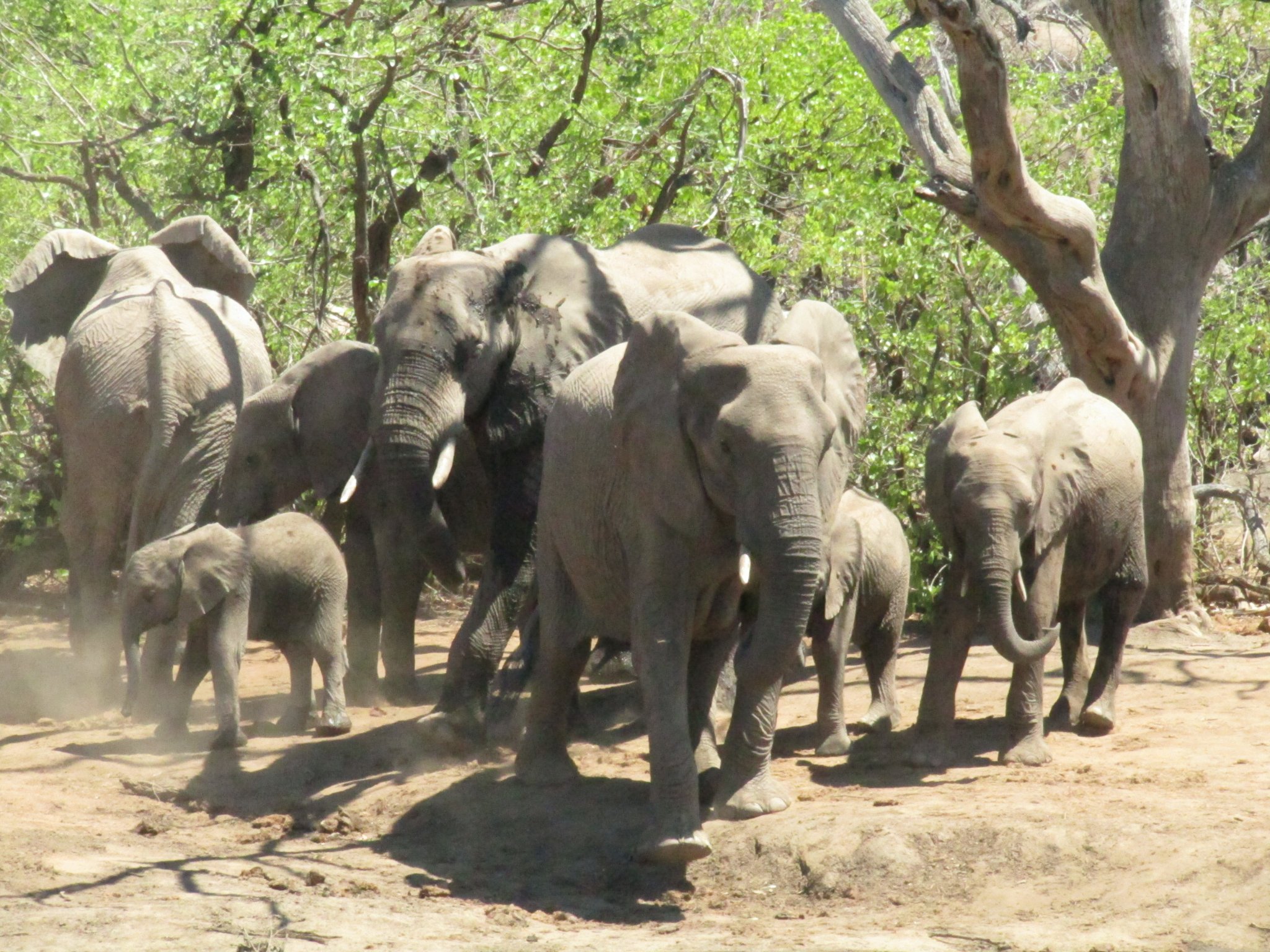Humans have a right to live and elephants have a right to live. There is a way. I know it. To find peace and harmony. It’s possible. Its attainable.
I went to a school that was situated in a wildlife corridor where encounters with wildlife were not uncommon. Nature is beautiful. Calm. Still. Silent. I always wondered how elephants maneuvered through our school so quietly.
I have been a witness to the harsh realities elephants face because of habitat degradation and consequently, human-wildlife conflict. It is a difficult place to be. And change is needed. However, conflict is multifaceted and complex, and it is subject to the geographical context where it arises. Thus, the nature of human-wildlife conflict is different in each country as it is shaped by different societal, economic and political factors and must therefore be looked at individually.
It has been a dream of mine to go South Africa to see the vast landscape that supports African Wildlife. I met Antoinette van de Water at a Future for Nature Academy Conference in Wageningen, and I felt drawn to support her cause and her fight for elephants and human-elephant harmony. She is the founder of Bring-the-elephant-home (BTEH), an organization that not only protects and restores elephant habitats, but with the help of local communities, seeks alternative and creative ways so that communities and elephants cannot only live-in harmony with each other, but also thrive in each other’s company.
Would you like to support my journey?
I have been fortunate to be part of this pioneer group to help BTEH set-up a field station in Kariega National Park, South Africa. The aim of this field station is to facilitate important research so that we can improve and enhance our understanding of elephant behavior in the wild and through community involvement and discussion, find alternative ways so that this relationship between elephant and man is not further worsened, but on the contrary, encouraged. In order to facilitate change, it is important to understand their behavioral ecology and the context of conflict. This needs to be researched so that eventually a difference can be made in policy and conservation. However, setting up this field station costs money, resources, and equipment.

Will you me help me achieve my dream of studying elephants and in laying the foundations for future elephant research in South Africa?
Every donation will help and I thank you for your support in advance!
Thank you, Jorian
Please support Jorian with a donation
‹ Back to previous page